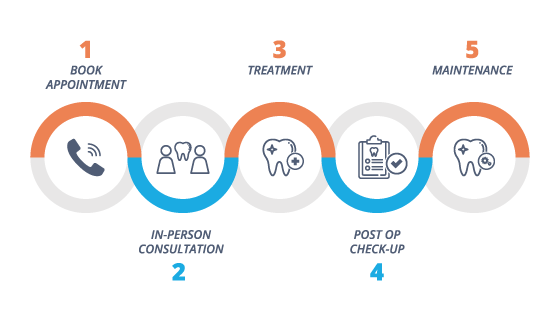Sedation Dentistry
Home » Dental Services » General Dentistry » Sedation Dentistry

You Deserve An Anxiety-Free Dental Experience in Manhattan
Does going to the dentist makes you nervous? Do you experience real fear during dental appointments? Are you avoiding routine dental care because dental visits make you anxious? If you or your loved one has a fear of dental procedures, you need to discuss sedation dentistry.
Sedation dentistry will keep you calm and relaxed during your next dental visit. Whether you need cosmetic dentistry or a routine check up, Advanced Dental Arts NYC can put your mind at ease during your next appointment.

What Is Sedation Dentistry?
Sedation dentistry is an option that allows our patients to be unaware and comfortable throughout their dental procedures. We offer a few different levels of sedation within the office. And our doctors work closely with your needs to find the level of sedation that’s right for you.
If you have a fear of visiting the dentist, Advanced Dental Arts in Greenwich village can help you comfortably relax during necessary procedures. Have no fear, our certified dentists and licensed anesthesiologist can safely keep you calm during your next appointment.
Still have questions? Learn more.
Is Dental Sedation Right for You?
Dental anxiety is a real and very common problem. Over 30 million Americans have dental anxiety so severe, they avoid routine dental exams. This puts their dental health at risk. Luckily, dental sedation is an easy solution. Is dental sedation right for you?
Here are some reasons why you may want to consider sedation dentistry:
- Anxiety about visiting the dentist
- A previous, bad experience at the dentist
- Sensitive teeth
- Low pain tolerance
- Sensitive gag reflex
- A large amount of dental work that needs to be performed at once
Still have questions? Learn more.
Types of Dental Sedation
There are several different types of dental sedation. The best one for you depends on your situation, the level of your anxiety, and any pre-existing health conditions you may have. Here are a few of the options we have available at Advanced Dental Arts.
IV Sedation
IV sedation offers the deepest level of relaxation available. During IV Dental Sedation, a board-certified anesthesiologist works with our Advanced Dental Arts specialists to administer the sedative via an IV. The medication gets delivered directly into the bloodstream. As a result, it takes effect quickly. The doctors can adjust the level of sedation as needed. This provides a comfortable experience for the duration of treatment.
Oral Conscious Sedation
During oral conscious sedation, your local dentist will administer a prescription sedative by mouth. You’ll take this about an hour before your treatment. The medication will make you feel drowsy, but you can still respond during treatment. This is a moderate form of sedation that provides a relaxing experience throughout treatment. Also, it’s important to note that it wears off after a few hours.
Nitrous Oxide Sedation
Also known as “laughing gas,” you’ll inhale nitrous oxide through a small mask placed over your nose. This simple delivery provides a relaxing effect. It can be easily adjusted throughout the appointment by your dentist as well. Nitrous oxide sedation clears from the system quickly, leaving you with no lingering effects after the treatment.
Still have questions? Learn more.
Suffering from Dental Anxiety?
Put your mind at ease today by booking your next dental visit with Advanced Dental Arts. Let our dental team know you’re nervous about your next visit and we’ll walk you through your dental sedation options before your next visit.
Flexible Payment and Insurance Options Available for Sedation Dentistry in New York City
We understand that dental sedation helps patients find comfort during their dental visits. But we also know that sedation dentistry can be expensive. Still, you deserve to have an anxiety-free and stress-free dental appointment, so you can get the dental treatment you deserve.
That’s why we accept all major insurance plans, from Aetna to Cigna Global to United Concordia. We also offer flexible payment plans suited to each of our patients. Contact us directly with any questions or concerns about payment and insurance.
